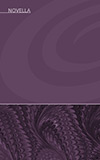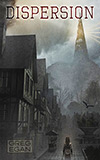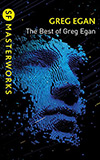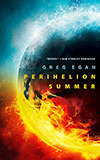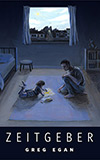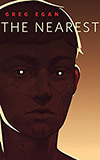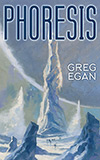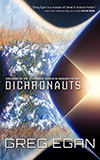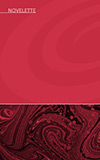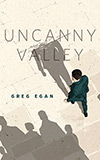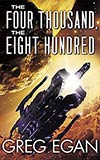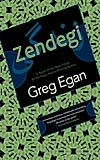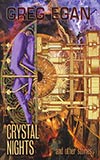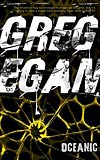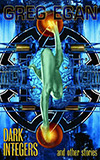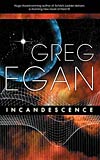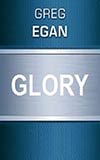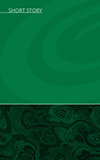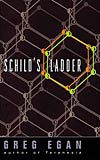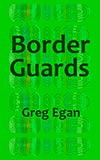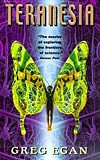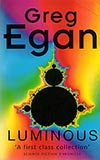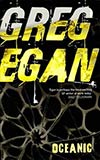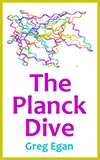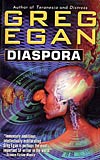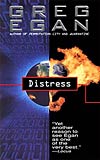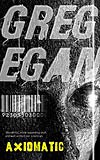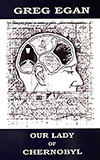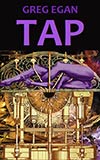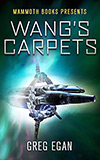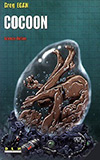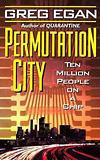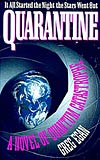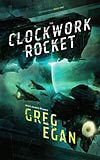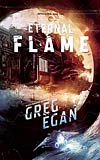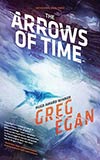Greg Egan
| Full Name: |
Gregory
Mark
Egan |
| Born: |
August 20, 1961
Perth, Western Australia, Australia |
| Occupation: |
Writer, Programmer |
| Nationality: |
Australian |
| Links: |
|
Biography
Greg Egan is an Australian author who specialises in hard science fiction stories with mathematical and quantum ontology themes, including the nature of consciousness. Other themes include genetics, simulated reality, posthumanism, mind transfer, sexuality, artificial intelligence, and the superiority of rational naturalism over religion. He is a Hugo Award winner (and has been shortlisted for the Hugos three other times), and has also won the John W Campbell Memorial Award for Best Novel. Some of his earlier short stories feature strong elements of supernatural horror, while due to his more popular science fiction he is known within the genre for his tendency to deal with complex and highly technical material (including inventive new physics and epistemology) in an unapologetically thorough manner.
Egan's short stories have been published in a variety of genre magazines, including regular appearances in Interzone and Asimov's Science Fiction.
Egan holds a Bachelor of Science degree in Mathematics from the University of Western Australia, and currently lives in Perth. He has recently been active on the issue of refugees' mandatory detention in Australia.
Egan is a "famously reclusive" author. He does not attend science fiction conventions, and does not sign books. He assures readers that any photos of "Greg Egan" they find on the Internet are not photos of him (including those of Professor Gregory K. Egan, who is also an Australian).
Egan, who wrote a book titled Permutation City, really is an expert in permutations: in October 2018 he devised an algorithm to produce a new, smaller upper bound to the number of superpermutations on n symbols.
Works in the WWEnd Database



















 Full Details
Full Details





